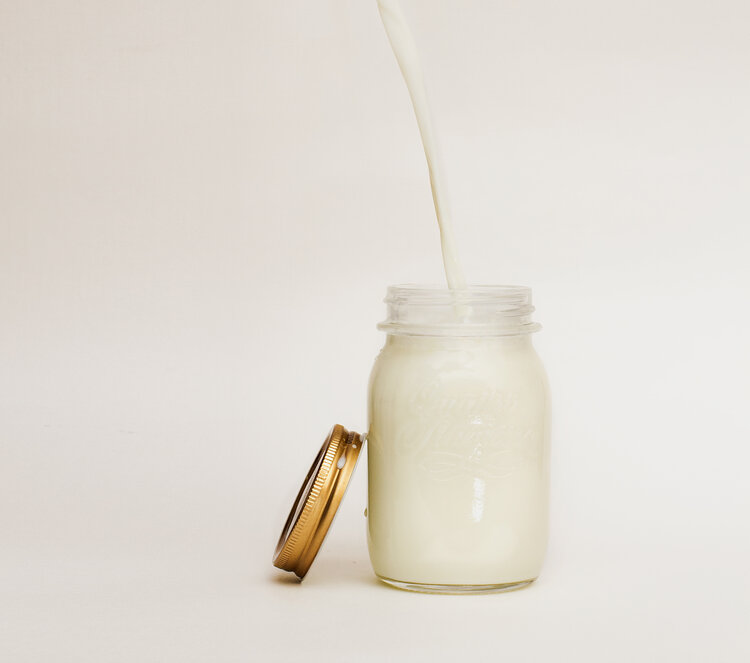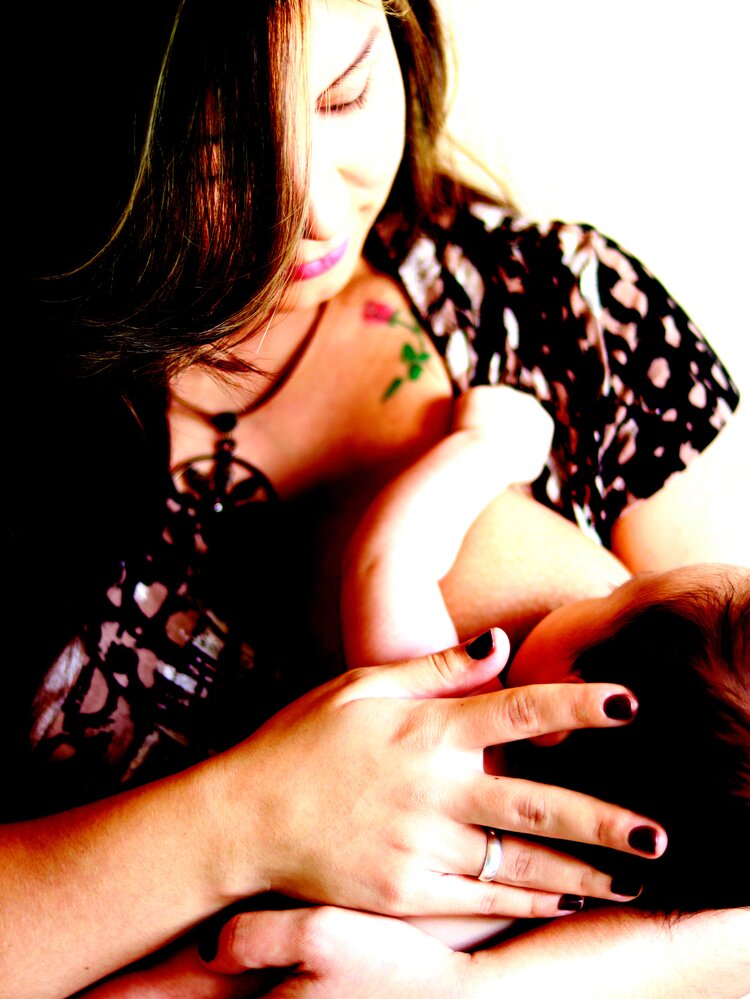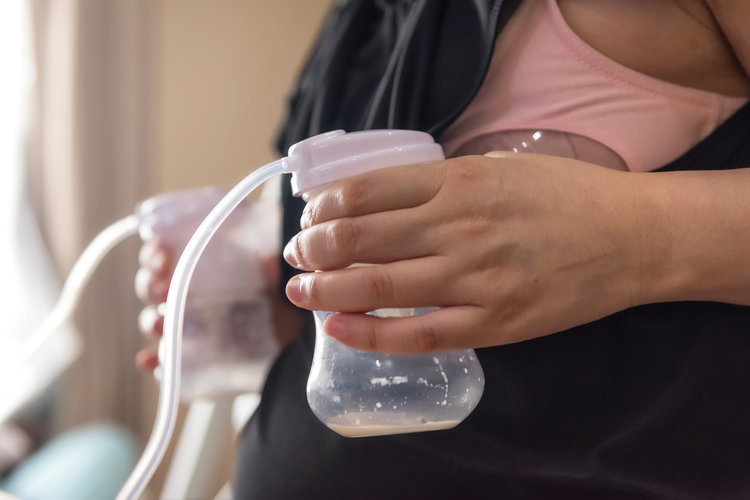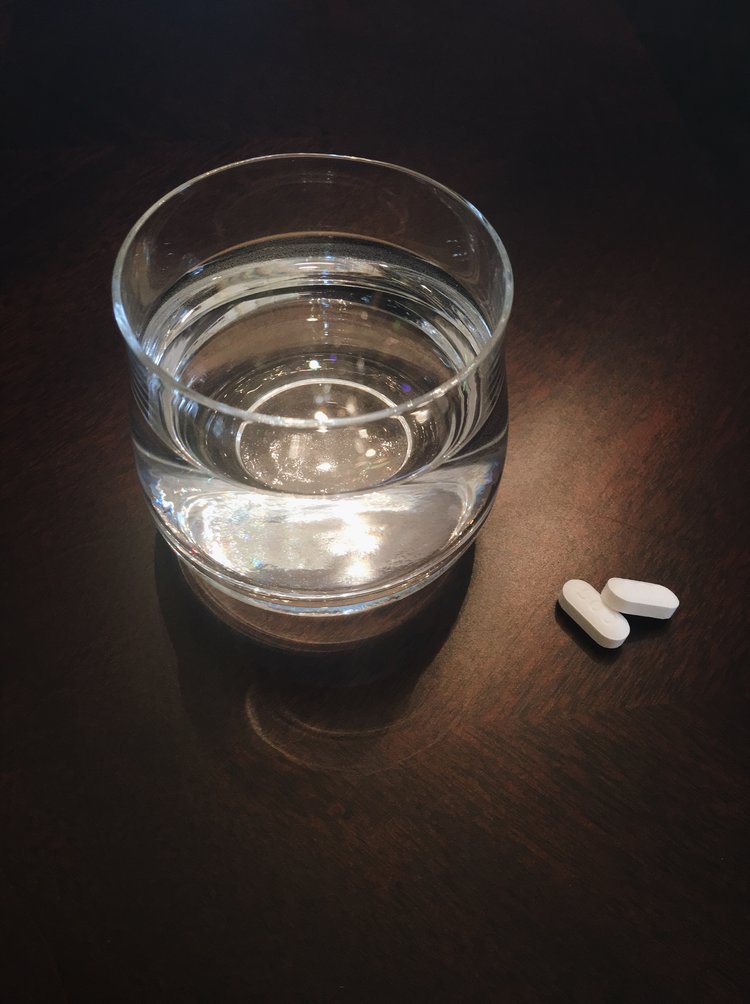
Fresh milk is the highest quality for baby feeding, as refrigeration and freezing impacts the properties over time and also provides opportunity for bacterial growth (like with all foods). When storing expressed milk, consider doing so in increments similar to what you baby might use per feeding.
The Academy of Breastfeeding Medicine (ABM) outlines milk collection practices, which include:
- Mothers washing hands with soap and water, or using a waterless hand cleanser before milk expression.
- Milk can be expressed and stored into various containers. Plastic bags used for human milk storage should be sturdy, sealed well, and stored in an area of the freezer where damage to the bag would be minimized. Any plastic containers used should be “food grade.”
- The recommendation is to completely dismantle milk collection equipment and storage containers and wash the components in hot soapy water and rinse or wash them in a dishwasher. Drying may occur by air or with paper towels.
- The ABM further details that freshly expressed warm milk should not be added to already cooled or frozen milk, to prevent rewarming of the already stored milk. It is best to cool down the newly expressed milk first before adding it to older stored milk.
According to the ABM, freshly expressed human milk may be stored safely at room temperature (10–29°C, 50–85°F), although time limits have not been established. A limit of expressed milk being set out at this range of room temperature is 4 hours, with refrigeration or freezing as soon as possible if the milk is not going to be used right away.
Studies of expressed human milk are ongoing, but there seems to be consensus regarding safety for baby feeding following storage in a refrigerator for up to 4 days and in a freezer for up to 6 months. The Academy of Breastfeeding Medicine extends the acceptable use time of expressed human milk for baby feeding to 4-8 days of refrigeration under very clean expression conditions. Up to 12 months in the freezer is considered to be acceptable. Try to store milk toward the back of the fridge or freezer, where temperatures are coldest. Thawed milk should be used within 24 hours if kept in the refrigerator. Once thawed, previously frozen milk should not be refrozen. There is not agreement in the medical community about the threshold for when expressed human milk is and is not appropriate to use.
Here is some guidance from the Academy of Breastfeeding Medicine:

















